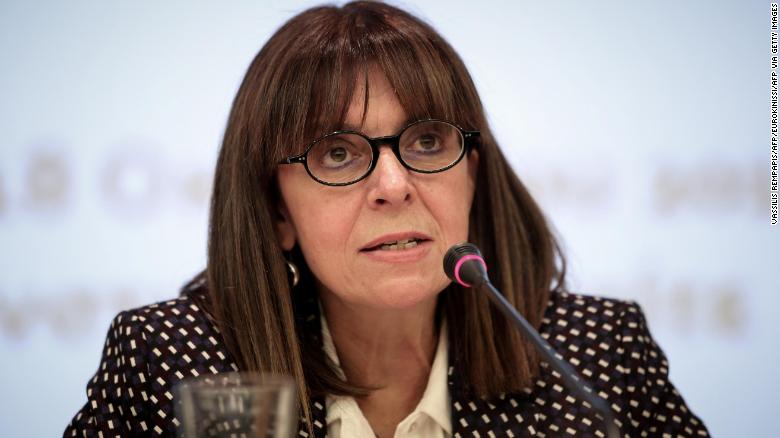High court judge and human rights advocate, Katerina Sakellaropoulou has been elected as the first female president of Greece by parliament on Wednesd
High court judge and human rights advocate, Katerina Sakellaropoulou has been elected as the first female president of Greece by parliament on Wednesday. She was nominated by the ruling conservative New Democratic party but also managed to secure the backing of the main opposition party Syriza and the center-left Movement for Change.
Breaking through gender barriers is obviously not a new thing for the president-elect. She was the first woman to serve as the president of the Council of State, the country’s top administrative court. She held that position for 15 months until Wednesday’s election. In the parliamentary vote on Wednesday, the 63-year-old received support of 261 MPs in the 300-seat Parliament, way above the 200 required by the constitution.
Following the vote, Greek Prime Minister, Kyriakos Mitsotakis said the result offers “a window to the future.”
“Our country enters, with more optimism, into a new decade,” he added.
Mitsotakis’s decision to choose Sakellaropoulou was widely seen as a move to counter mounting criticism about the lack of women in his cabinet where only a handful of women hold senior positions. The country is coming out of a decade-long financial crisis and years of political turmoil. When Mitsotakis announced the nomination, he said change in Greek society “starts from the top… with Greek women receiving the position they deserve.”
Greece has been lagging behind other European countries when it comes to the number of women in senior positions in politics. It scores below the European average in gender equality and was at the very bottom of the gender equality index for 2017 issued by the European Institute for Gender Equality.
According to Eurostat, the pay gap between men and women in Greece was more than 12% in 2017.
